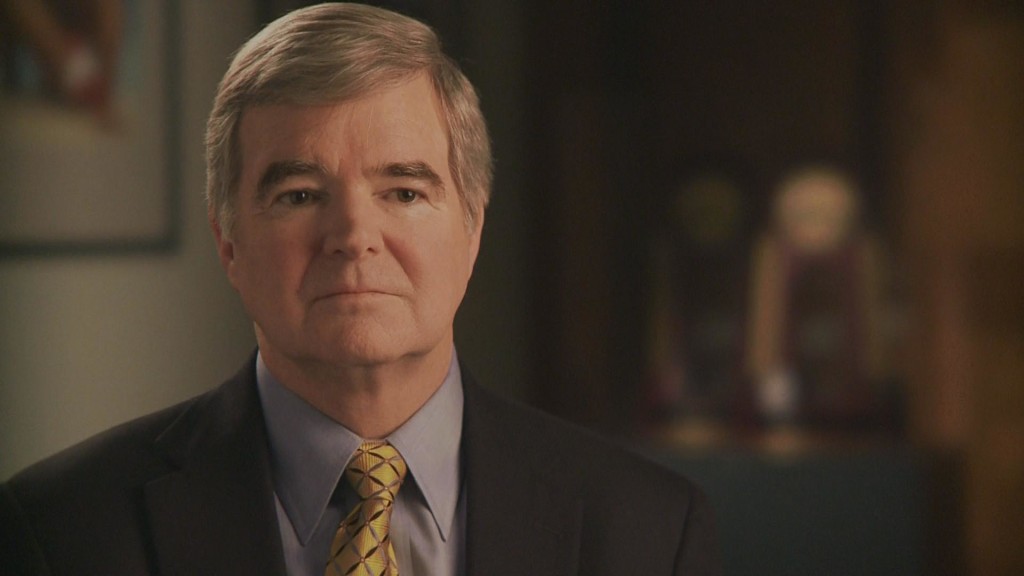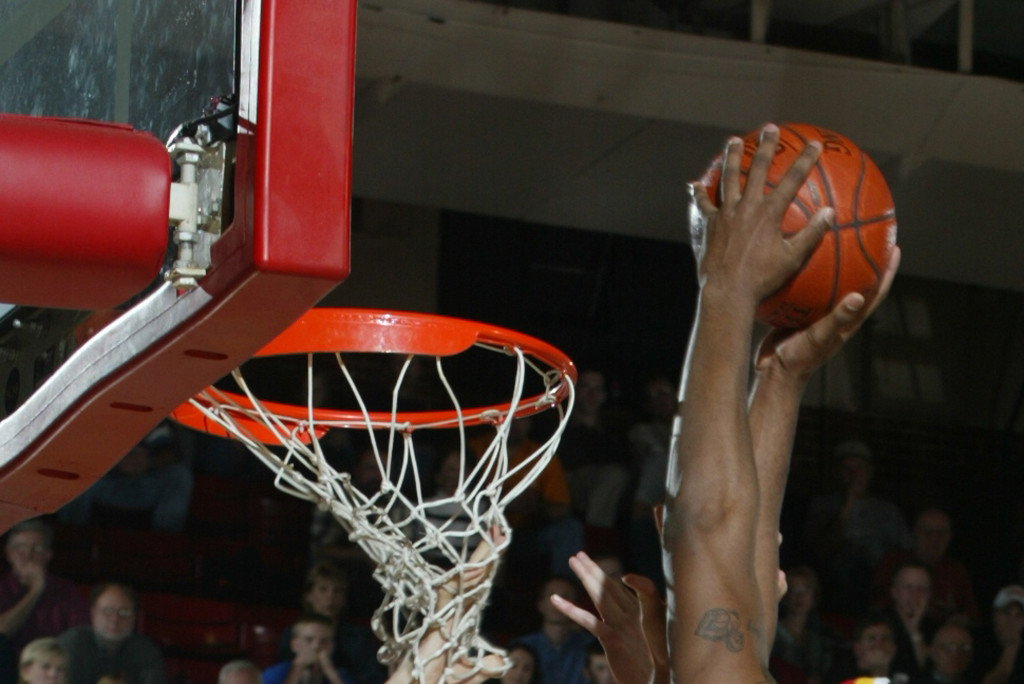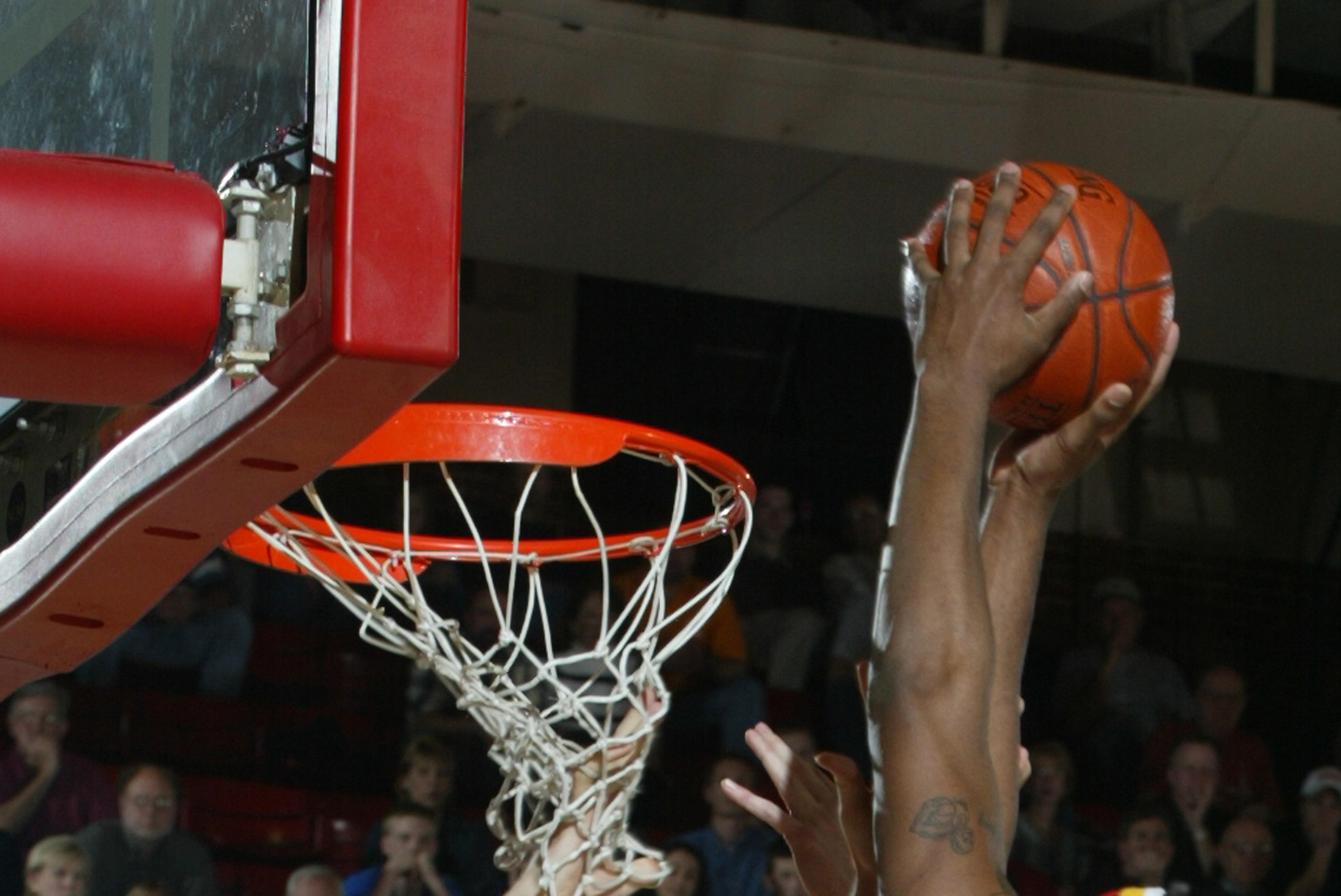Emmert Defends NCAA Policy on Amateurism

August 31, 2011
Share
It’s been a controversial few months for the NCAA and its president Mark Emmert, with debate over whether to compensate athletes and a major scandal at the University of Miami over illegal benefits. Yesterday he sat down with Morning Edition’s David Greene to discuss the issues at hand.
Emmert stuck to his recent script on amateurism — adjusted slightly since FRONTLINE’s Lowell Bergman interviewed him in February — supporting the possibility of scholarship reform and increasing aid but denying any other types of compensation. “I am adamantly opposed to the notion of paying student athletes to play their games,” he said. “That converts them to employees. This is entirely about students playing the games.”
As for the possibility of giving University of Miami the “death penalty” — shutting down its football program for a period of time — in response to allegations from a former booster that he got money, prostitutes, expensive trips and even an abortion for football and basketball players, Emmert was quick to point out that such a punishment should be used carefully: “You would want to use it incredibly selectively because it has an impact not just on those who engaged in the inappropriate behavior, but it also has an impact on the whole school,” Emmert told Green. “It has an impact on their conference colleagues. It has an impact on future student athletes who might be at that school.”
According to Sports Illustrated’s Michael Rosenberg, it also has an impact on finances: The death penalty would strip much-needed money away from the ACC and the Bowl Championship Series, major sources of television revenue for the NCAA.
Related Documentaries
Latest Documentaries
Related Stories
Related Stories
Explore
Policies
Teacher Center
Funding for FRONTLINE is provided through the support of PBS viewers and by the Corporation for Public Broadcasting, with major support from Ford Foundation. Additional funding is provided the Abrams Foundation, Park Foundation, John D. and Catherine T. MacArthur Foundation, Heising-Simons Foundation, and the FRONTLINE Trust, with major support from Jon and Jo Ann Hagler on behalf of the Jon L. Hagler Foundation, and additional support from Koo and Patricia Yuen. FRONTLINE is a registered trademark of WGBH Educational Foundation. Web Site Copyright ©1995-2025 WGBH Educational Foundation. PBS is a 501(c)(3) not-for-profit organization.





















